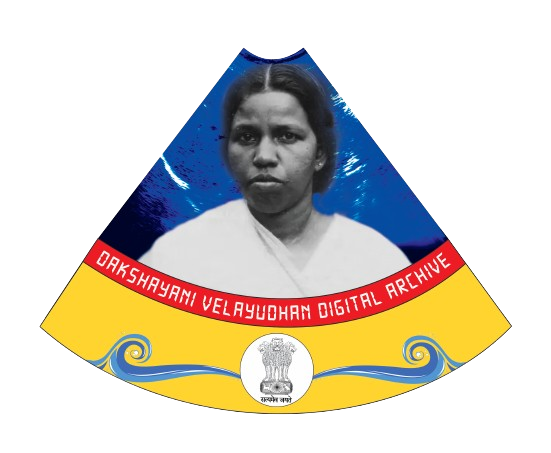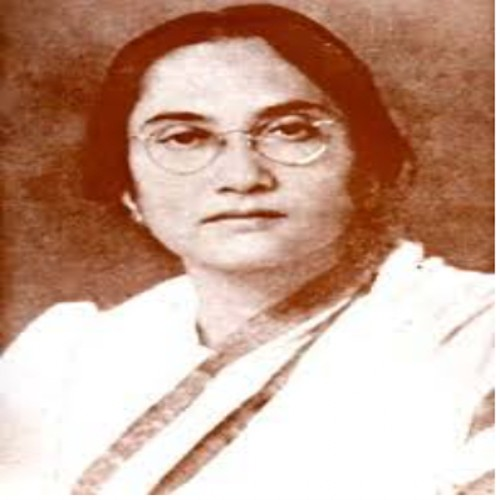Leela Roy, an indomitable spirit born on October 2, 1900, in Goalpara, Assam, left an indelible mark as a radical leftist Indian woman politician, social reformer, and a close associate of Netaji Subhash Chandra Bose. Her legacy encompasses multifaceted contributions to women’s empowerment, education, and the political landscape of India during the crucial period of its struggle for independence.
Basic details and biography of Leela Roy
| Aspect | Details |
| Full Name | Leela Roy |
| Birthdate | October 2, 1900 |
| Birthplace | Goalpara, Assam |
| Party Affiliation | Indian National Congress |
| Constituency | West Bengal |
| Mother Tongue | Assamese |
| Education | Postgraduate |
| Committee Memberships | None |
| Key Contributions | – Advocated for women’s rights and education |
| – Founded ‘Deepali Sangha’ in 1923 | |
| – Established schools for women’s education | |
| – Editor of ‘Jayashree,’ a magazine for discussions on nationalism and social issues | |
| – Member of Forward Bloc and central executive body | |
| – Elected to the Constituent Assembly (1946) | |
| – Resigned in protest against the partition of India | |
| Later Contributions | – Assisted victims of Kolkata riots (1946) |
| – Established National Service Institute for Rescue and Relief Work at Noakhali (1946) | |
| – Chairwoman of the merged Forward Bloc and Praja Socialist Party (1960) | |
| – Retired from active politics in 1962 | |
| Key Speeches | – Resigned from the Constituent Assembly to protest the partition of India |
| Passing Away | June 11, 1970 |
Early Life
Leela Roy’s journey began at Eden High School in Dhaka, where her academic excellence secured a scholarship for a B.A. in English at Bethune College, Calcutta. She later earned a Master’s degree from the University of Dhaka, becoming its first female graduate. Her achievements prompted the University to establish special evening classes for women, showcasing her early role in breaking gender barriers.
Role in India’s Independence Movement
A staunch feminist, Roy actively promoted women’s participation in social and political movements. In 1923, she founded ‘Deepali Sangha,’ focusing on educating and training women in social and political issues, leadership skills, and physical fitness. Criticizing the limited role ascribed to women by leaders like Mahatma Gandhi, she aimed for a broader participation of women in the freedom movement beyond traditional roles.
Inspired by Subhas Chandra Bose, Roy joined the ‘Shree Sangha’ in 1926, a revolutionary organization, and later became a member of the central executive body of the Forward Bloc. Her contributions were acknowledged when she presented a paper on the History of the Women’s Movement in Bengal at the Congress Session in 1928.
To further encourage women’s participation, she established ‘Jayashree,’ a magazine in 1931, serving as a platform for discussions and debates around nationalism and social issues.
Contribution to Constitution Making
Leela Roy was elected to the Constituent Assembly from Bengal on December 9, 1946. However, in a bold protest against the partition of India, she resigned from her post just a few months later, reflecting her unwavering commitment to her principles.
Later Contributions
Post-resignation from the Constituent Assembly, Roy continued her dedication to social and political causes. In 1946, she assisted the victims of the tragic Kolkata riots and played a pivotal role in establishing the National Service Institute for Rescue and Relief Work at Noakhali. Her advocacy extended to the rights of refugees.
In 1960, Roy became the Chairwoman of the party formed by merging the Forward Bloc and the Praja Socialist Party, a testament to her enduring political influence. She retired from active politics in 1962, leaving behind a legacy of resilience and dedication.
Leela Roy’s impactful political career continued into independent India until her passing on June 11, 1970. Her speeches, especially her resignation from the Constituent Assembly, stand as powerful testaments to her commitment to the principles she held dear.
Leela Roy’s life remains a testament to the potential of women in shaping the destiny of a nation, breaking societal norms, and contributing significantly to its political and social fabric.

